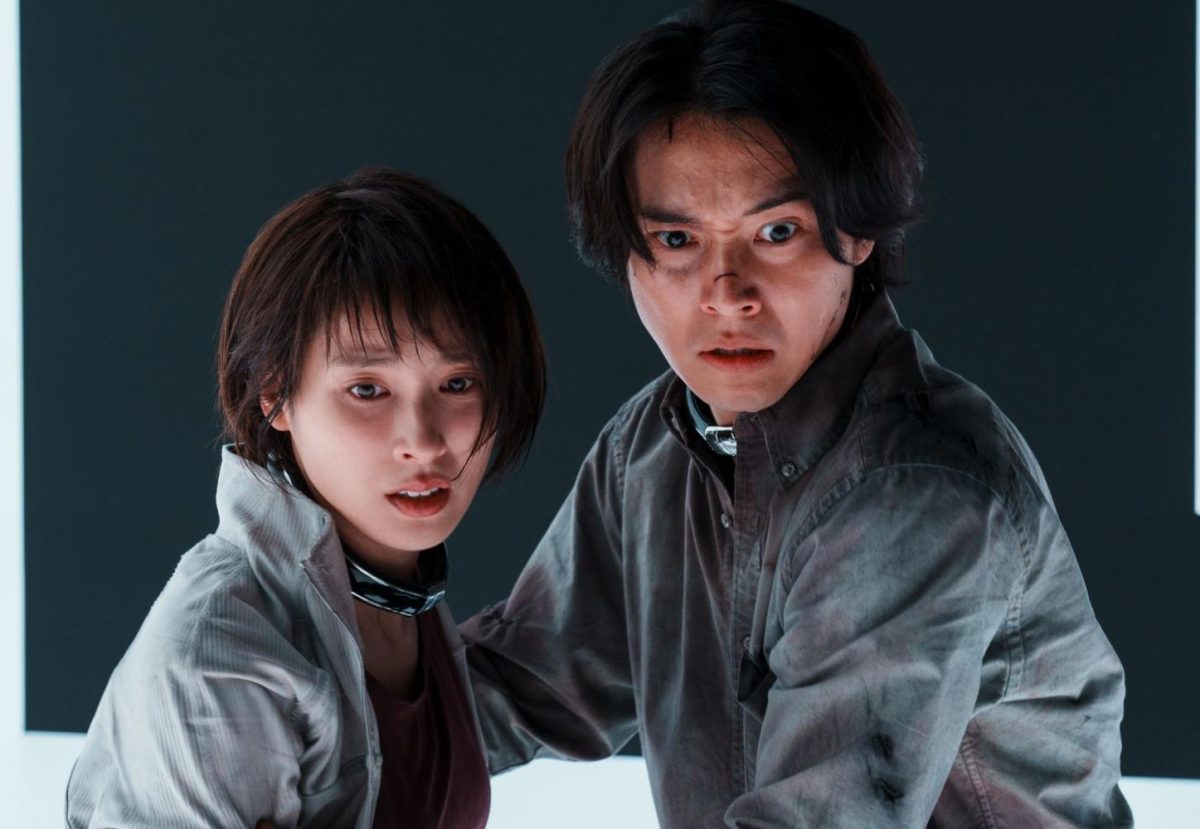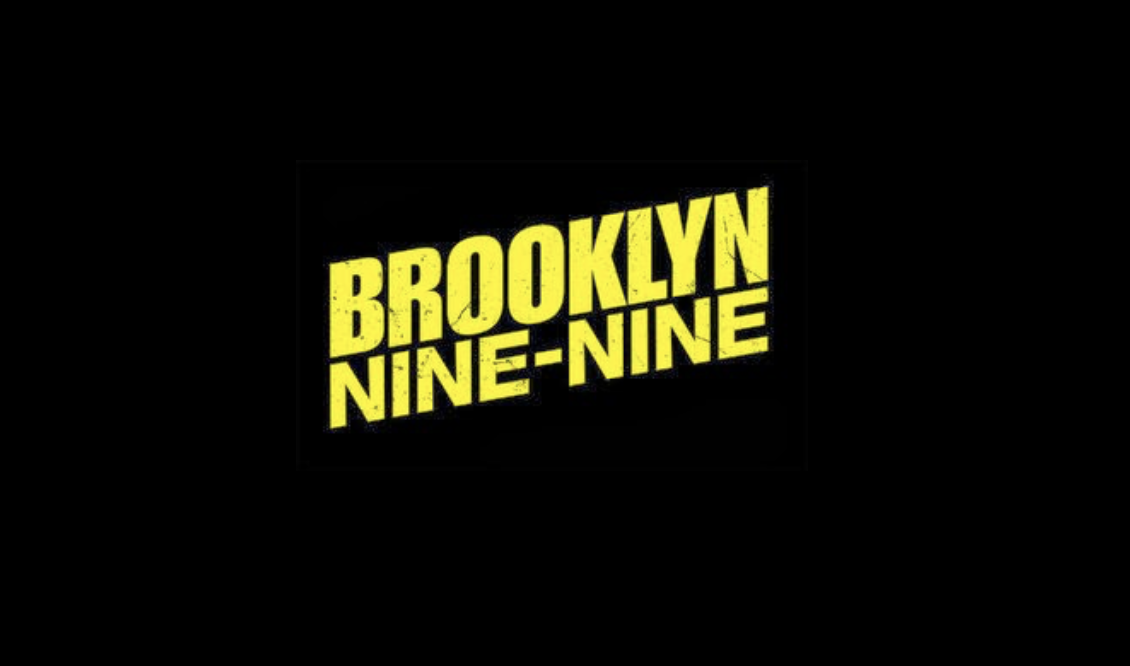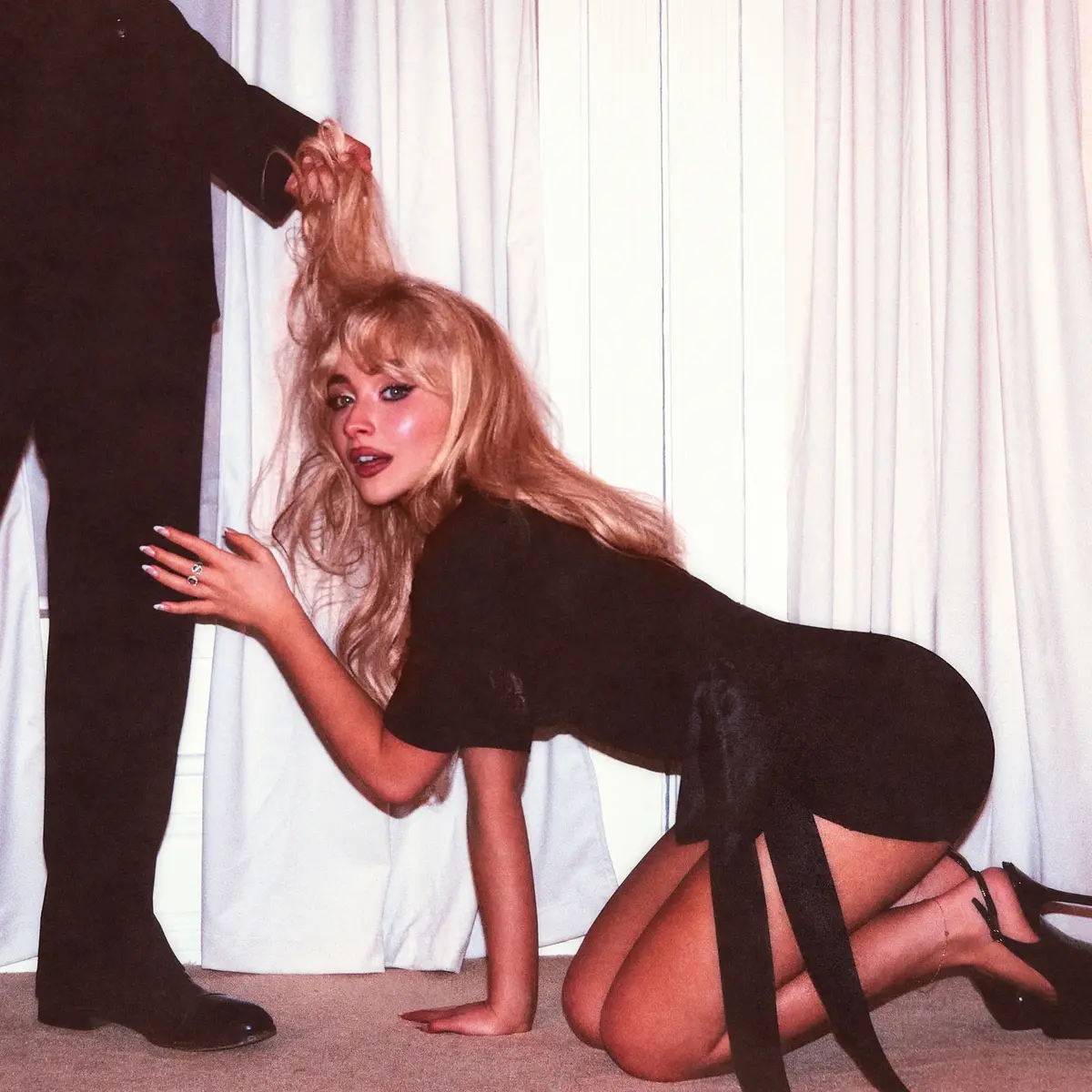 Most, although not all, zombie-themed books seem to have a similar plot. There’s a virus, it starts infecting people, and the whole world falls apart. Technology, government, even the economy; completely destroyed in the face of a threat. Although this may have been interesting at first, there are only so many zombie post-apocalyptic stories you can read before it starts to get old.
Most, although not all, zombie-themed books seem to have a similar plot. There’s a virus, it starts infecting people, and the whole world falls apart. Technology, government, even the economy; completely destroyed in the face of a threat. Although this may have been interesting at first, there are only so many zombie post-apocalyptic stories you can read before it starts to get old.
Thankfully, “Feed” by Mira Grant, the first book in a trilogy called “Newsflesh’’, manages to retain some originality, and compared to the other zombie stories out there, “Feed” is like a breath of fresh air.
For one thing, the government is still around (in fact, “Feed” starts right around the same time as the presidential election of 2034), and, sadly, American politics are as corrupt as ever. The economy is still going strong. Technology has progressed to assist humans in the on-going fight between zombies and humans (in other zombies books, technology either no longer works or is forgotten about, for reasons that are never clear).
“Feed” also manages to score another point for itself because of the clear explanation given to the zombie virus. The story usually goes “Someone ate a contaminated [your food of choice here]/the disease came from space/zombies just started appearing!”. No reason as to how the zombies are created; usually they just appear, and if you are really unlucky, someone close to you will mysteriously turn into a zombie, and even if you don’t quite know how they are turning into a zombie, you know you can’t save them.
Not so in “Feed,” where the zombies were made by man…accidentally, of course. When a cure for the common cold and a cure for cancer combined, zombies were born. Or rather, reborn. Like all zombie books, people still become zombies if they are bitten, and, of course, after you die, you still come back as a zombie. Animals too can come as zombies. However, there’s a forty pound cut-off. Anything under forty pounds dies peacefully. Anything over forty pounds is going to go around, trying to spread the disease, until someone kills it. Again.
This is also a wonderful book to read if you are a journalist, or if you are as blogger, or if you are a blogging journalism, or even if you merely understand the importance of reporting the truth. When the virus originally appeared, the “real” journalism and newsources dismissed it as a teenager prank. But people usually don’t die, by the hundreds, in teenage pranks. So someone decided to write the truth. That person was a blogger, and they brought around a new era of reporting.
The plot of “Feed” is simplistic enough to keep track of everything going on, yet includes enough suspense and plot twists to keep the reader interested. Focused on a brother-sister team of bloggers, Georgia and Shaun, who are selected to covered the presidential election. At first, they are ecstatic; this could be the big break they are looking for. Armed with more cameras than you can count, their best friend Buffy, and Georgia’s wry voice, they set off to cover the event in an unbiased and factual matter. However, there’s more to this election that meets the eye. Zombie attacks start targeting the man running for president. And uncovering the truth behind a chain of events that seem set on destroying the nation could take the life of more people that it’s worth. But, to quote Georgia, “Alive or dead, the truth won’t rest. My name is Georgia Mason, and I am begging you. Rise up while you can.”
Of course, “Feed” isn’t perfect. The main female character, named Georgia, but known as George (which is a bit confusing, because the story is told in first person, so for the first five chapters, you are uncertain of Georgia’s gender), has a strain of the zombie virus which affects her eyes, and renders her unable to cry. If nothing else, Georgia’s inability to cry is overly dramatic, and over-the-top feministic. Although I appreciate Mira Grant’s strong female character, who can edit zombie footage and shoot a gun just as well as her brother, the inability to cry, which was probably added to make Georgia seem tough and hardened to the world, instead just makes George artificial and fake. Women cry. So do men. Crying doesn’t make you weak. It’s a human way of expressing sadness or sorrow, and therefore, it’s hard to connect with a character who can’t shed a tear after shooting her friend.
There are other flaws with “Feed” too, such as George’s friend Buffy, who, in almost a direct contrast with Georgia, sleeps around, writes fiction instead of covering news, and is responsible for the death of hundreds of people, (she defends her actions by saying she was trying to save lives, not destroy them). Then there’s the issue of Georgia’s slightly unrealistic relationship with her brother, and, of course, the fact that Georgia and her brother get out of very life-threatening situation scotch-free.
But no book could ever be completely perfect and flaw-free. The pros of “Feed” outweigh the cons. This is a book about blogging, futuristic journalism, politics, corruption, corruption of politics, corruption of journalism, discovering the truth no matter what the cost, and, of course, zombies.
I enjoyed this book for a number of reasons, most of which it would take me too long to list. So I’ll just end by saying, yes, I would recommend it.









